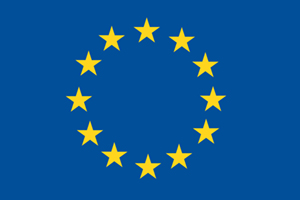YEREVAN (RFE/RL) — The Comprehensive and Enhanced Partnership Agreement (CEPA) signed by the European Union(EU) and Armenia more than three years ago entered into force on Monday, March 1, after being ratified by all EU member states.
The 350-page agreement commits the Armenian authorities to carrying out political reforms that will democratize the country’s political system and boost human rights protection. They must also gradually “approximate” Armenian economic laws and regulations to those of the EU.
The EU’s foreign policy chief, Josep Borrell, said the CEPA’s entry into force “sends a strong signal that the EU and Armenia are committed to democratic principles and the rule of law, as well as to a wider reform agenda.”
“Across political, economic, trade, and other sectoral areas, our Agreement aims to bring positive change to people’s lives, to overcome challenges to Armenia’s reforms agenda,” Borrell said in a statement.
The statement also quoted Oliver Varhelyi, the EU commissioner for neighborhood and enlargement, as saying: “The entry into force of the bilateral EU-Armenia agreement on March 1 will allow us to strengthen our work on the economy, connectivity, digitalization and the green transformation as priority areas. These will have concrete benefits for the people and are key for socio-economic recovery and the longer-term resilience of the country.”
The Armenian Foreign Ministry last month described the CEPA as a “solid legal basis” for deepening Armenia’s ties with the EU in a wide range of areas.









